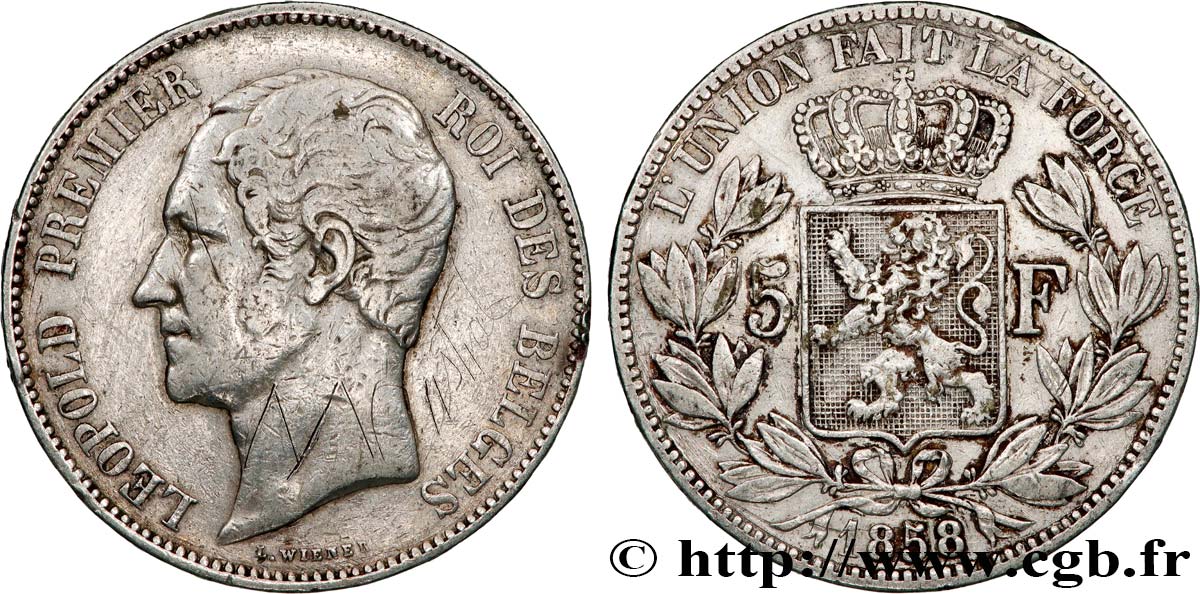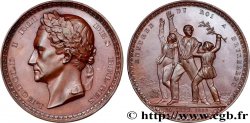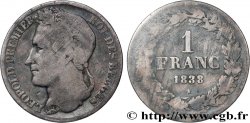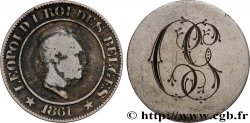fwo_725241 - BELGIUM - KINGDOM OF BELGIUM - LEOPOLD I 5 Francs tête nue 1858
Quantity
Add to your cart

Type : 5 Francs tête nue
Date: 1858
Quantity minted : 18000
Metal : silver
Millesimal fineness : 900 ‰
Diameter : 37 mm
Orientation dies : 6 h.
Weight : 24,80 g.
Edge : en relief
Coments on the condition:
La monnaie est nettoyée, présente des rayures à l’avers et des coups sur la tranche
Obverse
Obverse legend : LEOPOLD PREMIER ROI DE BELGES.
Obverse description : tête à gauche de Léopold Ier.
Reverse
Reverse legend : L’UNION FAIT LA FORCE / 1858.
Reverse description : écu couronné de Belgique entre deux rameaux d’olivier, valeur faciale.








 Report a mistake
Report a mistake Print the page
Print the page Share my selection
Share my selection Ask a question
Ask a question Consign / sell
Consign / sell
 Full data
Full data



